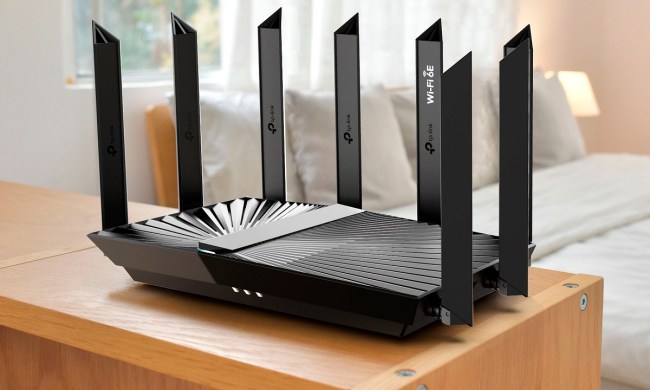One of the sticking points for a lot of people with virtual reality is that there isn’t much in the way of AAA titles on any headset. While that’s debatable, the introduction of three of Bethesda’s biggest games from the last decade could go a long way to scratching that high-end itch.
We don’t have long to wait for them, either. Skyrim VR is the first to arrive, set to debut on November 17 on the PSVR. Although releasing on the PlayStation platform initially, Bethesda has said that it will bring it to other headsets in the future. That seems unlikely to happen this year though, so PSVR users will be the first, and for some time only, Skyrim VR inhabitants.
They’ll also get to try out Doom VFR when it debuts on December 1, though that game will also launch on the HTC Vive at the same time. Continuing its seemingly arbitrary manner of splitting its games across different platforms, Bethesda will release Fallout 4 VR less than two weeks later on December 12, but that will be a Vive exclusive at launch.
Although the virtual reality version of Fallout 4 may show up on the PSVR or other platforms in the future, it won’t happen immediately. HTC confirmed it as an ‘exclusive’ in a tweet following this news. That seems somewhat surprising considering HTC’s previous stance on exclusives was much less accepting of the practice.
A noticeable absence from all of these games’ launch platforms though is the Oculus Rift. Arguably still the most recognized name in virtual reality, it would make sense to release such big games on all of the main VR platforms. While Bethesda has said it plans to support as many headsets as possible, it’s also plausible that, due to the legal squabbles between Bethesda’s parent company, Zenimax, and Oculus VR, that these games won’t end up making it to the Rift in an official capacity.



